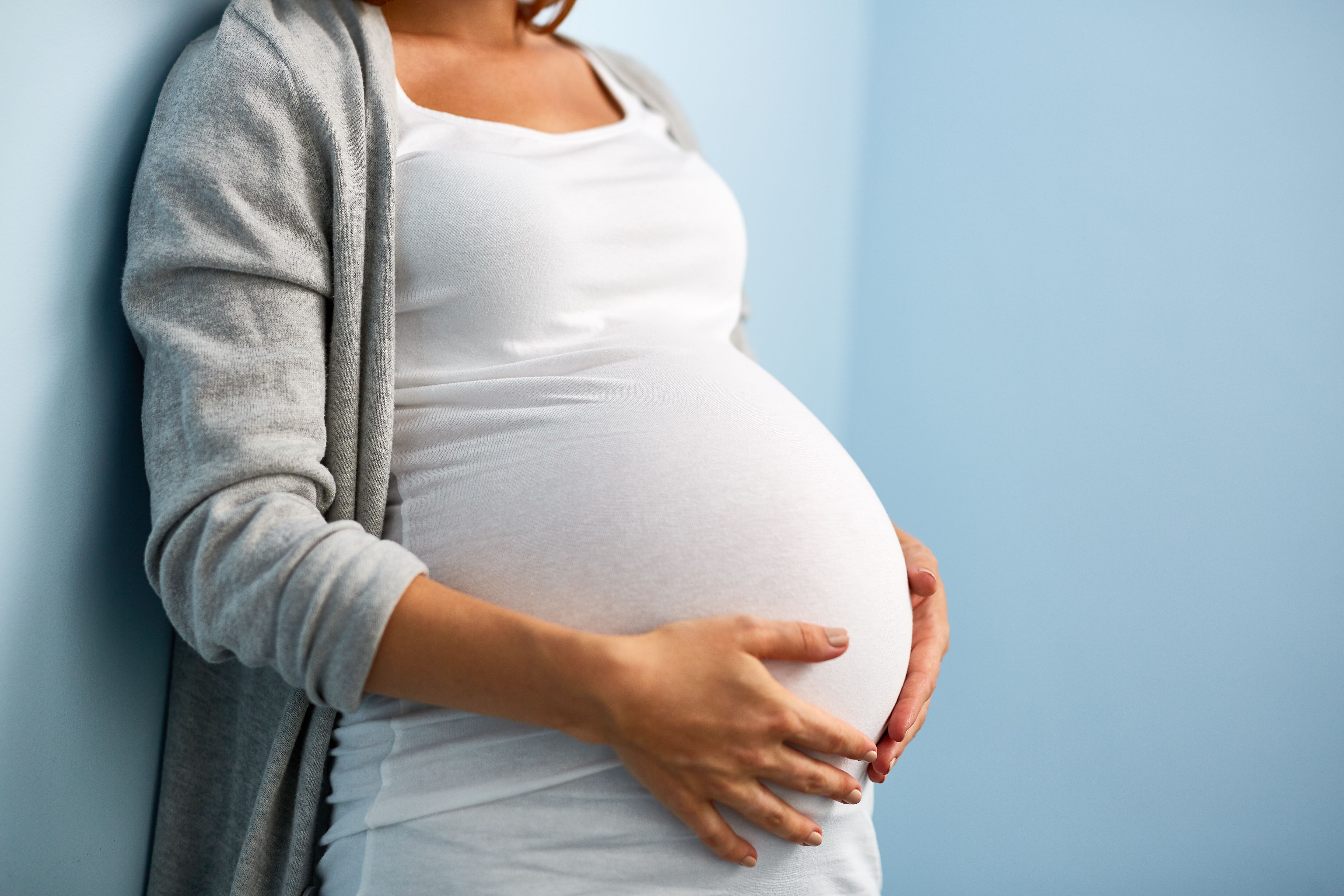This article was originally published on Contagion Live. It has been lightly edited.
A recent cross-sectional study of more than 70 million obstetric hospitalizations between 1998 and 2018 revealed a 16-fold increase in hepatitis C virus (HCV) infection during pregnancy in the United States, which is associated with the opioid epidemic.
The researchers said they conducted this study to add to previous scarce data on HCV infection during pregnancy and to clarify conflicting reports on the role of HCV in pregnancy and perinatal outcomes.
“Given the increase in HCV infection among women of childbearing age, the risk of vertical transmission of HCV, and the potential for pregnancy-related adverse events, clinicians and policymakers need to deepen their understanding of HCV infection during pregnancy,” the study’s lead author explains. Understanding hepatitis virus infection and its impact on outcomes.” Po-Hung Chen, MD, Department of Gastroenterology and Hepatology, Department of Medicine, Johns Hopkins University School of Medicine, Baltimore, MD, and colleagues.
Chen and colleagues extracted data on hospitalizations culminating in labor, stillbirth, or spontaneous abortion from the National Inpatient Sample, the largest public database of all-payer inpatient care in the United States. In this cohort, 137,259 (0.20%; 95% CI, 0.19%-0.21%) were HCV-positive.
During the 21-year study period, maternal HCV infection rates increased 16-fold, from 0.34 (95% CI, 0.26-0.41) per 1,000 pregnant women in 1998 to 5.3% (95% CI, 4.9-0.41) in 2018. 5.7). During this period, the proportion of HCV-positive pregnancies increased across all age groups, but the largest increase was among women aged 21 to 30 years (31-fold). Because the earliest recommendations for comprehensive HCV screening in pregnancy were not issued until 2018, the researchers acknowledge that they may have underestimated HCV prevalence.
“These increases coincide with an increase in the proportion of pregnancies among women with a history of opioid use,” Chen and colleagues note. “The number of HCV-positive pregnancies in the 21- to 30-year-old age group accelerated after the onset of the second wave of the opioid epidemic in 2010.”
Pregnant woman | Image source: pressmaster – stock.adobe.com

Blood-borne hepatitis C virus infections are caused by injection drug use, and acute hepatitis C cases tripled between 2010 and 2015, the researchers explained. They describe the “second wave” of the opioid epidemic as occurring between 2010 and 2013, when heroin overdose-related deaths initially dominated, and transitioning to the “third wave” of synthetic opioid overdoses die.
“Over the past 20 years, concurrent with the opioid epidemic, hepatitis C virus infection has steadily increased among women of childbearing age,” Chen declared while discussing the study with others. infect.
“It would make sense to conduct universal HCV screening in every pregnancy. It may also make sense to devote more public health resources to addressing the opioid epidemic, although our approach cannot technically establish cause and effect. relationships,” Chen said.
Adverse events compared in the HCV-positive and -negative groups included pregnancy with anemia, gestational diabetes, pregnancy with hypertension, and pregnancy with thyroid dysfunction. Perinatal events include cesarean section, stillbirth, spontaneous abortion, prematurity, poor fetal growth, fetal distress, and premature rupture of membranes.
HCV-positive pregnancy was found to increase the risk of multiple maternal and perinatal outcomes, including gestational hypertension (adjusted odds ratio (AOR), 1.08; 95% CI, 1.03-1.14), cesarean delivery (aOR, 1.19 ; 95% CI, 1.15-1.22), preterm birth (aOR, 1.10; 95% CI, 1.05-1.14), poor fetal growth (aOR, 1.29; 95% CI, 1.21-1.37), and fetal distress (aOR, 1.11; 95 % CI, 1.08) -1.15). The risk of spontaneous abortion was low (aOR, 0.88; 95% CI, 0.82-0.95), however, the researchers believe this is more likely to be caused by a genetic abnormality.
Chen found that these data support recent recommendations for comprehensive HCV screening in pregnancy and opportunities for increased multidisciplinary collaboration in the care of women with HCV infection.
“Given that the CDC and ACOG (American College of Obstetricians and Gynecologists) are supporting universal prenatal HCV screening in 2020 and 2021, respectively, I believe increasing awareness among frontline providers (i.e., obstetric practices) is a critical first step,” Chen concluded. “Johns Hopkins obstetricians have fully adopted this practice and refer women who screen positive for HCV to a hepatology or infectious disease specialist for treatment.”
refer to
Chen P, Johnson L, Limketkai BN, et al. Trends in the prevalence of hepatitis C infection and maternal and infant outcomes during pregnancy in the United States, 1998 to 2018. JAMA Network Open. 2023;6(7):e2324770. doi:10.1001/jamanetworkopen.2023.24770

